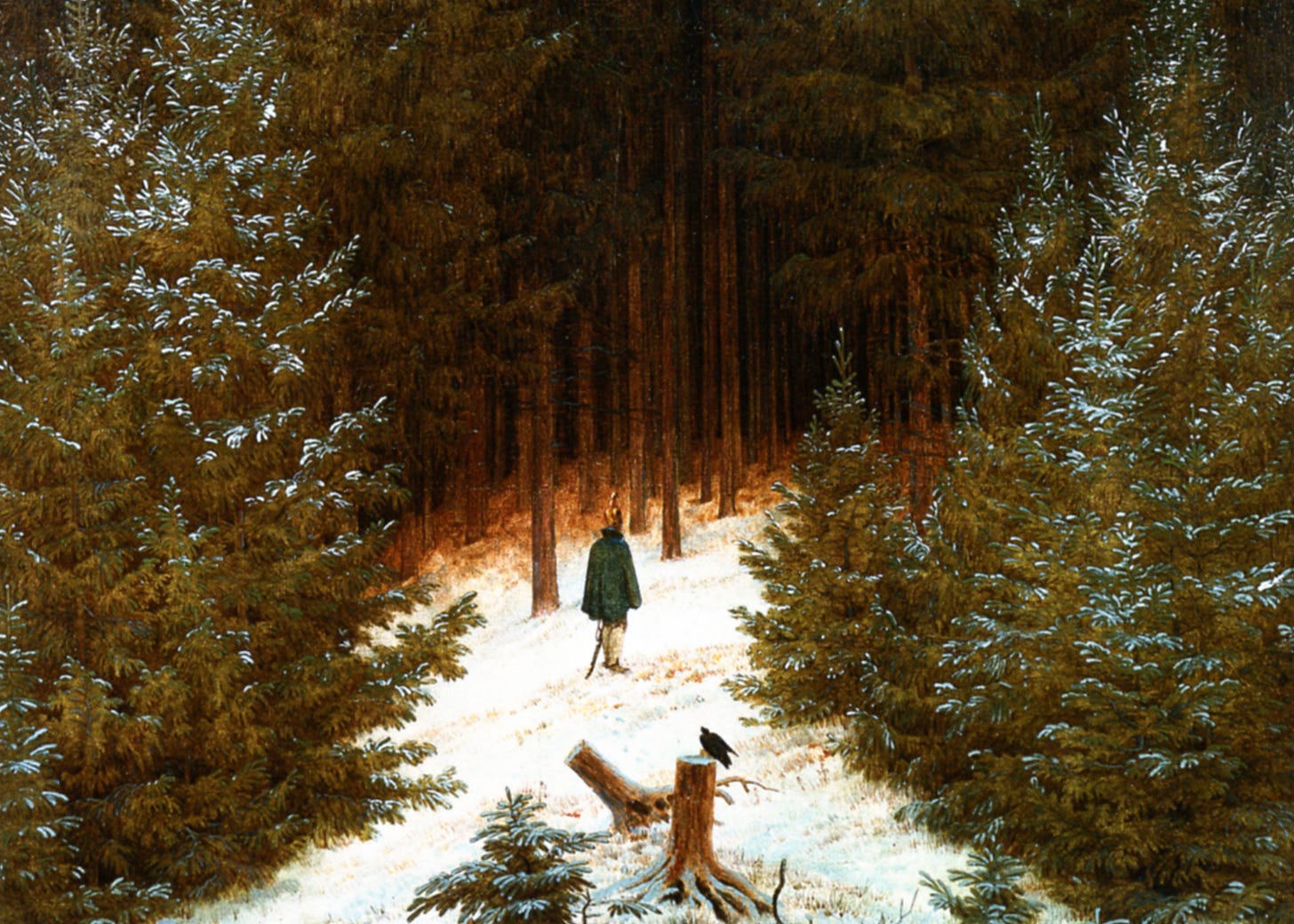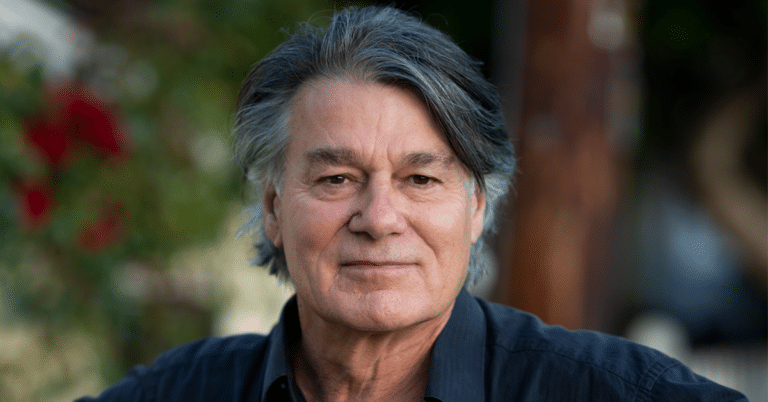Often I feel as if I’m paddling out deeper into a vast, open sea, reluctant to admit that I’m lost; that I don’t know where the hell I’m going; that I couldn’t tell you what I’m swimming towards if you asked. And does that destination really matter in the end? Wouldn’t it just be replaced by another glamorous, more prosperous destination anyway?
To be lost feels taboo in our world of certitude. People are so damn adamant about who they are, what they believe, what they’re doing, why they’re doing it, and even where they’re going after they die. Everyone is so sure of themselves that it feels improper to admit ignorance—to confess that more than a few of the answers have slipped beyond your grasp. Most imagine the mavericks who resisted the current, went against the grain, and forged their own path did so with pure moxie and conviction. Conveniently forgotten are those who fell endlessly deep into the “black, contemplative splendors of self-doubt,” as Irish poet David Whyte describes it.
You are Here. Not Lost.
Earlier this week, I found myself returning to an old interview (likely from the ’90s) with Whyte, in which he discusses David Wagoner’s poem “Lost.” In the clip, Whyte interprets the maxim conveyed by the poem: that an obscure path does not mean you are lost. The poem opens with these two lines:
“Stand still. The trees ahead and bushes beside you
Are not lost. Wherever you are is called Here,”
Much of finding your own way in the world begins with becoming lost. It begins with admitting ignorance and entering a place of uncertainty. “Follow your own path,” they say, forgetting to mention the missing guideposts, the loneliness, and the petrifying echoes of perpetual self-doubt along the way. Few anticipate the innumerable hours spent staring at a blank page, sure of nothing but the belief that you’re a fraud who has ventured down the wrong path. Each day assures you that you’re certain of nothing except your own uncertainty. All of these terrors are found within the same forest that grants freedom, possibilities, and self-discovery—but that does not mean you are lost.
“Writing is like driving at night in the fog. You can only see as far as your headlights, but you can make the whole trip that way.” - E. L. Doctorow
Beyond resonating with millions of writers, Doctorow’s analogy illustrates a truth applicable to all independent endeavors: you don’t always need to know where you’re going, but you must take the next step anyway. Wagoner’s poem ends with these lines:
If you leave it, you may come back again, saying Here.
No two trees are the same to Raven.
No two branches are the same to Wren.
If what a tree or a bush does is lost on you,
You are surely lost. Stand still. The forest knows
Where you are. You must let it find you.
You must let it find you. It’s natural to brush off platitudes that reek of empty affirmations and hollow advice, but there’s more to this line. The central theme of Wagoner’s poem is awareness—both of the present moment and of yourself. His poem beckons you to reflect on your present circumstances rather than the ambiguity of the future. You cannot possibly be lost if your path and your destination have yet to be defined. You are not lost; you are here. You are truly lost only when you act without thinking, and your understanding of yourself erodes.
Pay Attention
In the same interview, David Whyte expands: “How do you know you’re on your path? Because it disappears, that’s how you know. How do you know that you’re really doing something radical? Because you don’t, you can’t see where you’re going.” In other words, batteries are not included. Certainty and reassurance aren’t baked into the cake of an uncharted path. You must ‘stand still’ and think; only after exercising self-awareness can you step into the fog.
To be clear, the poem preaches self-awareness, not passivity or idleness. The forest is your mind; the branches and trees, your instincts and emotions. You cannot rush about, ignorant of your deepest drives and desires, or you will surely be lost. Stand still. Pay attention. Only through regular practice of self-psychoanalysis—grappling with your ego, fears, doubts, dreams, and all influential factors—do you gain clarity of your path.
Whyte argues that this practice of awareness must be coupled with silence. Our world is too noisy. Outside opinions, internal doubts, and a steady flow of stimulation are a recipe for a jumbled headspace. Pure, unadulterated silence breathes clarity. This could be a headphone-less run, 10–15 minutes of meditation, or simply sitting in a quiet room. The silence grants you the space for attentiveness that offers a path to enlightenment or simply to effective action.
Destinations are Deceiving
On a final note, the insinuation that your path has any clear, absolute ending is both limiting and misleading. Part of the beauty of charting your own course is not knowing where it may lead. Will it curve around the mountain rather than ascend it? Will it force you to cross rivers and creeks? What creatures or places will you encounter along the way? Perhaps you’ll discover that what you were seeking wasn’t a destination at all, but merely a journey.
In Japanese writer Yōko Ogawa’s novel The Housekeeper and the Professor, she makes a valiant point against centering our focus on “solving” or on clear paths: “Solving a problem for which you know there's an answer is like climbing a mountain with a guide, along a trail someone else has laid. In mathematics, the truth is somewhere out there in a place no one knows, beyond all the beaten paths. And it's not always at the top of the mountain. It might be in a crack on the smoothest cliff or somewhere deep in the valley.”
I’ve found this to be true in all my creative endeavors. Each twist and turn, each obstructed path, each fluctuation has shown me where to go next. I am never lost. I just need to listen.
“The forest knows where you are. You must let it find you.”




It's been a while since something I read hit me this hard. Thank you for the reflection
“Outside opinions, incessant doubt, and a steady flow of stimulation are a recipe for a jumbled headspace.”
That’s where I struggle. Not so much incessant doubt, but the stimulation.